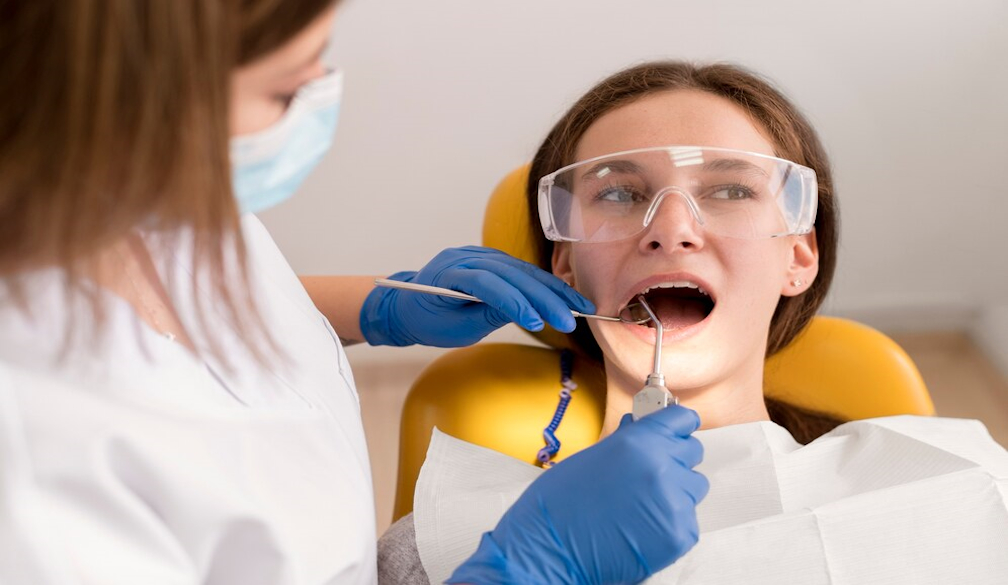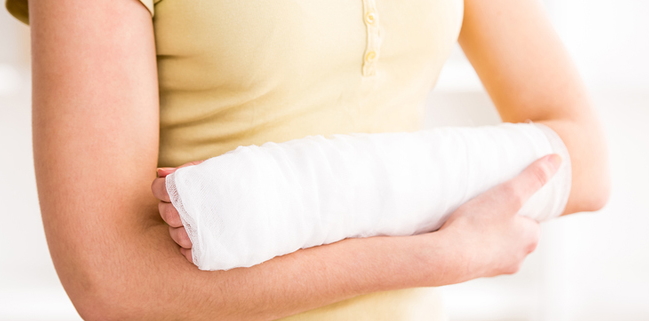Warning Signs You’re Experiencing Hormone Imbalance
- Written by NewsServices.com

Hormones are messengers in our body. They are produced by the endocrine system and constantly send signals to the body to breathe, eat, metabolise, grow and reproduce.
Haven’t you realised sometimes you are not in the mood for anything but you decide to drink coffee or tea to spike your mood? That’s what hormone balancing tea does. To kick your hormones. But let’s get to that a little later.
What Are Hormones? How Do They Affect Your Mood?
Hormones help regulate a lot of processes in the body from hunger, sexual desire, temperature and blood pressure.
The hormones in the body are constantly shifting throughout the day. For example, when you eat there will be a rise in insulin level to regulate blood sugar, or when you are in an urgent situation, your adrenaline rushes in to avoid an accident. Also, when you are in a restful sleep, your melatonin hormone is on duty.
5 Major Types of Hormones in the Body
-
Sex hormones—Produced by the gonads. Androgen, oestrogen and progesterone are some of the examples.
-
Steroids hormone—Produced by the adrenal glands. Aldosterone and cortisol or the “stress hormone” are included in this type.
-
Thyroid hormones—Secreted by the thyroid gland, which is responsible for metabolism. Examples are triiodothyronine and thyroxine.
-
Brain hormones—Released by the pituitary gland and hypothalamus and produce hormones, such as serotonin, oxytocin and growth hormone.
The reason why there’s hormonal imbalance is due to overproduction or underproduction of these hormones.
Women are more likely to experience these imbalances as they go through major biological changes like:
-
Puberty
-
Menstrual period
-
Pregnancy and childbirth
-
Menopause.
Warning Signs of Hormonal Imbalance
Here are some signs when you know you're experiencing hormonal imbalance.
Sex hormones, particularly oestrogen, can affect the mood because it can influence the brain’s neurotransmitter that is responsible for mood. Changes in oestrogen also cause premenstural syndrome and down moments during menopause.
Hormonal changes can lead to weight gain or weight loss. For many women, craving for food is very common before and after their menstruation. Meanwhile, weight loss is common among those who are suffering from hypothyroidism. Androgen imbalance and insulin resistance also cause weight changes.
Poor sleep quality and insomnia are common in women suffering from menopause. This is due to the significant decrease in oestrogen and progesterone. Insomnia also causes night sweats and hot flashes which contribute to trouble sleeping and fatigue.
Hormonal imbalance is the leading factor for many infertility issues.
High levels of follicle-stimulating hormone can make it difficult for women to get pregnant, whilst low levels of luteinising hormone make it challenging for ovaries to produce eggs.
High levels of androgens in females result in polycystic ovary syndrome, commonly known as PCOS, which is another factor for infertility.
Other specific signs and symptoms of imbalances caused by the female sex hormones are:
-
Irregular, missed or heavy periods
-
Excessive hair on face or the body also called hirsutism
-
Acne on face, back and body
-
Darkening of skin on neck creases and groin
-
Hair loss
-
Vaginal dryness and atrophy
-
Headaches
-
Pain during sex.
Factors that Can Cause Hormonal Disruption
There are many possible factors that can cause disruption with your hormones.
-
Undergoing chemotherapy
-
Presence of tumour
-
Eating disorder
-
Medications
-
Stress
-
Existing injury or trauma
To confirm the cause of imbalance, you need the help of a medical professional.
What Can You Do?
If you think you might be suffering from hormone imbalance and experiencing some of these symptoms, go and see your physician for further examination. Your doctor may request a blood test to check the levels of your hormone, physical exams, ultrasound, X-ray or MRI to determine your problems.
If you do have a hormonal imbalance, you can address it in two ways—medical and non-medical. Here are some of the ways to deal with it.
There are many hormonal therapies available depending on your condition. For instance, low level oestrogen therapy helps deal with menopause symptoms. Those who are struggling with irregular menstruation are often prescribed birth control pills.
Certain hormone imbalances can be treated through medications. Metformin is a medication for people with diabetes but seen to help reduce androgen levels too which aid in ovulation.
Women who are suffering from the high level of androgen in their body are given anti-androgen medication, which helps with hair growth, acne and hair loss.
Physical activity is important to keep your mind and body healthy. It helps improve moods due to increased blood circulation, enhancing hormone receptor sensitivity. One important benefit of exercise is reducing the level of insulin in the body and boosting insulin sensitivity.
Reducing the amount of sugar in your diet can improve hormone function. High sugar intake results in insulin resistance. Sugar creates havoc on your gut system and then affects your mood and overall mental health.
Do you know that there is a strong connection between the brain, your gastrointestinal system and your mood?
Eating the right food means your gut will be at its best sending signals to the nervous system and endocrine system. Drinking hormone balancing tea in replacement for coffee is also a good option, given the ill effects of caffeinated drinks to the body.
Luckily, non-caffeine herbal teas in Australia are available for women as a health supplement for hormonal imbalance.
Including herbal teas in your diet can help you combat hormonal imbalance. The natural ingredients found in organic teas moderate your oestrogen levels in the body, helping you cope with mood swings and any other mood discomfort.
Exercising and eating healthy are limited if you are not getting the rest your body needs. Lack of sleep is associated with many imbalances that include insulin, cortisol and human growth hormone. Poor sleep also disrupts melatonin production, thus ruining your circadian rhythm.
Conclusion
Protect your physical and mental health. If you feel you are at the age of experiencing hormone imbalance, make sure to check your diet, engage in regular fitness, drink healthy beverages, like herbal teas and get enough rest.







